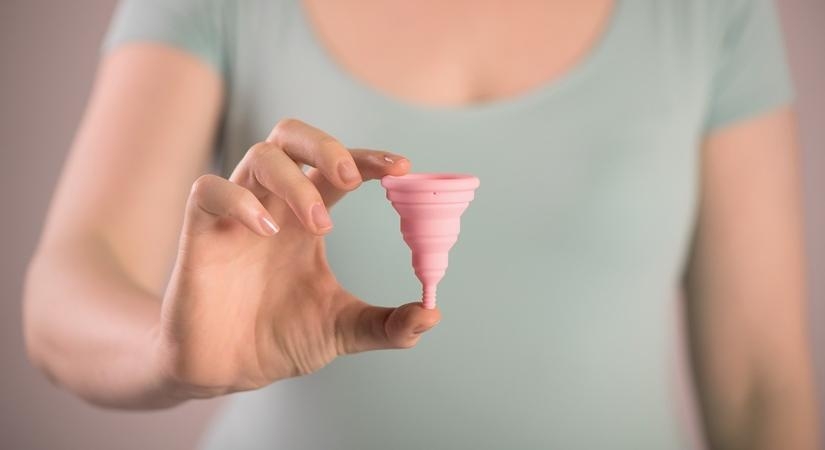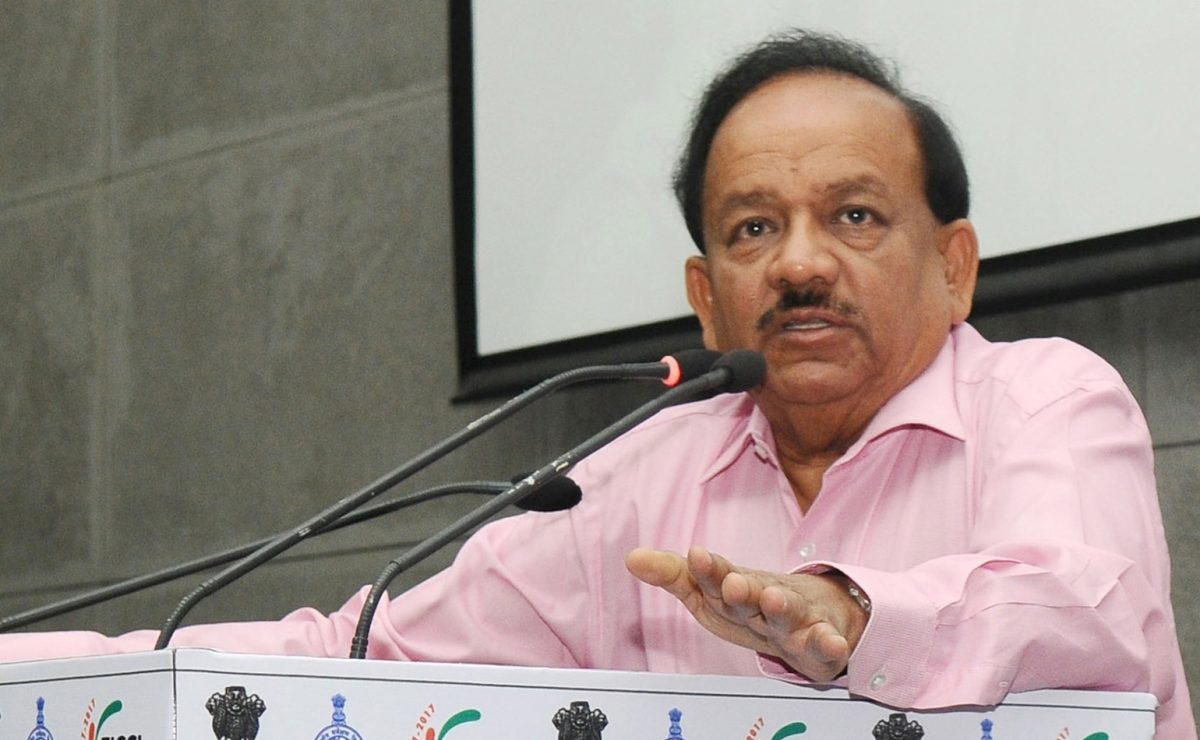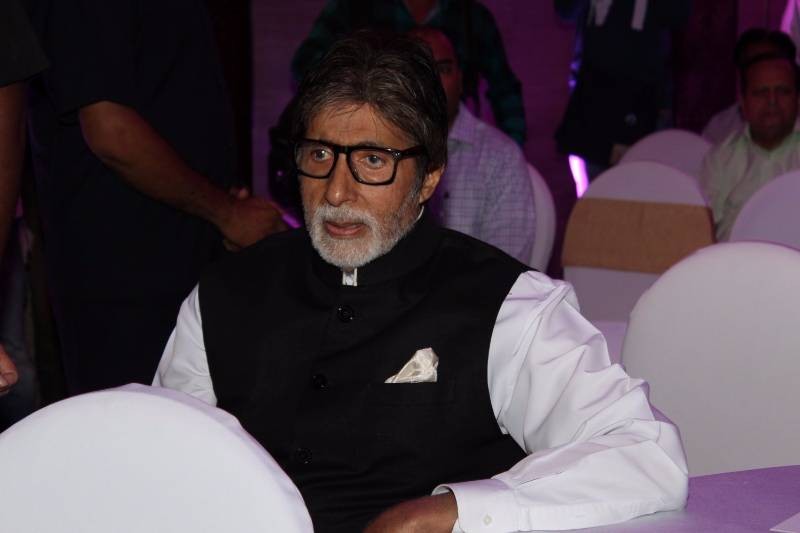More than 80 percent of the menstruating population has experienced some form of negative emotion such as fear, anxiety during their first period, reveals an online survey.
The survey was conducted with regards to the awareness on menstrual hygiene, taboos, perceptions and attitudes towards periods in India. It also added that majority of men seem to rely on social media sources about information on periods.
To mark the World Menstrual Hygiene Day, Youth Ki Awaaz in collaboration with Water, Supply & Sanitation Collaborative Council (WSSCC) published the findings of the survey which was launched online in September 2019 and conducted over a period of 12 weeks.

It collected a total over 11,161 responses (in Hindi and English) and gathered preferences from respondents on issues of product usage, productivity at the workplace; cultural practices and beliefs and explored the intersections around menstrual hygiene and health, gender, emotional and mental well-being etc.
The respondents of the survey were primarily female, constituting 74.3 percent respondents, followed by 22 percent respondents identifying as male. The remaining identified themselves as Non-binary, Trans and those who didn’t prefer to specify.
Key highlights of the survey:
Sustainable menstrual hygiene products: Almost 71 per cent of those who responded agreed to using non-biodegradable sanitary napkins and almost 63 per cent recognised that it is harmful for the environment. But affordability and the issue of trust, remained a barrier in menstruators making a clear switch to biodegradable alternatives.
Young people are more open to conversation around menstrual hygiene. More than 28 percent respondents in the age group of 18-22 said they were comfortable speaking about menstruation while only 27 percent agreed to that in the age group of 23-25 years.
Negative emotions associated with first periods: Fear and anxiety were the dominant negative emotions for the women experiencing their first period with more than 23 per cent respondents opting for that.
Need for a relook at menstrual leave policy: Almost 41 per cent of the respondents were in favour of introducing a Bill in Parliament around the menstrual leave.
Cultural taboos exist: Almost 49.2 per cent respondents admitted that they have heard activities like “Praying” should be avoided during periods. And 51.1 per cent respondents admitted they have been isolated or excluded from an event because of menstruation.
Lack of diversity around menstrual hygiene in India: More than 47 per cent respondents felt that menstruation is a “women’s only issue”. The majority were not aware that periods is also a non-binary and Trans men issue. So much so, that only 10 per cent respondents felt that the needs of non-binary and trans population are being met around menstrual hygiene.
Anshul Tewari, founder, Youth Ki Awaaz said: “It is not surprising that there is a complete lack of an inclusive dialogue around menstrual hygiene and informed product choices. This survey shows, for the first time, how young people feel about this issue. We hope that this data can become a template for meaningful policy dialogue and action that can help us create a more structural, systemic change for menstruating people across the country.”









